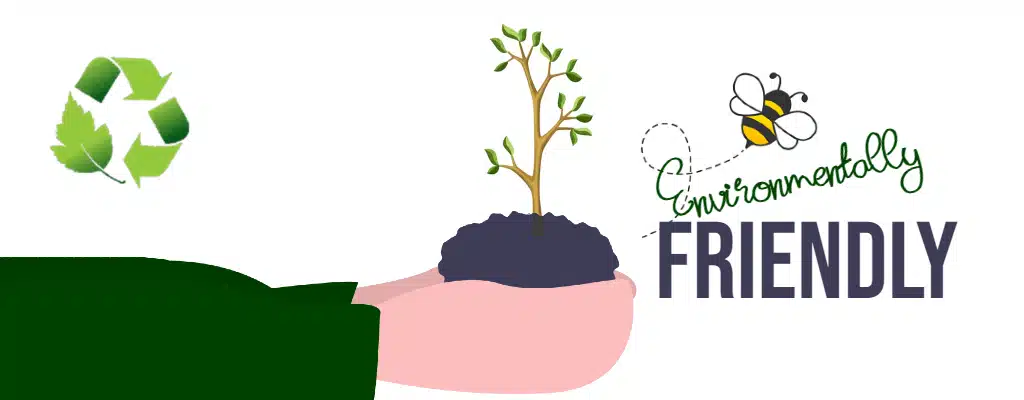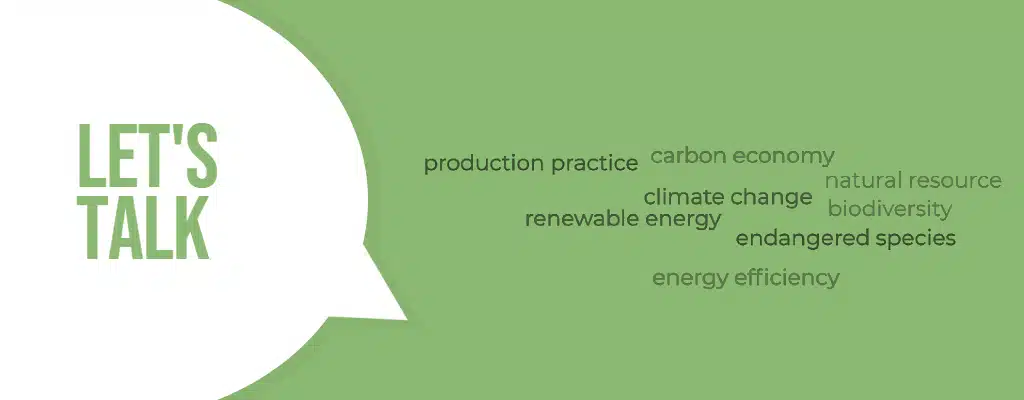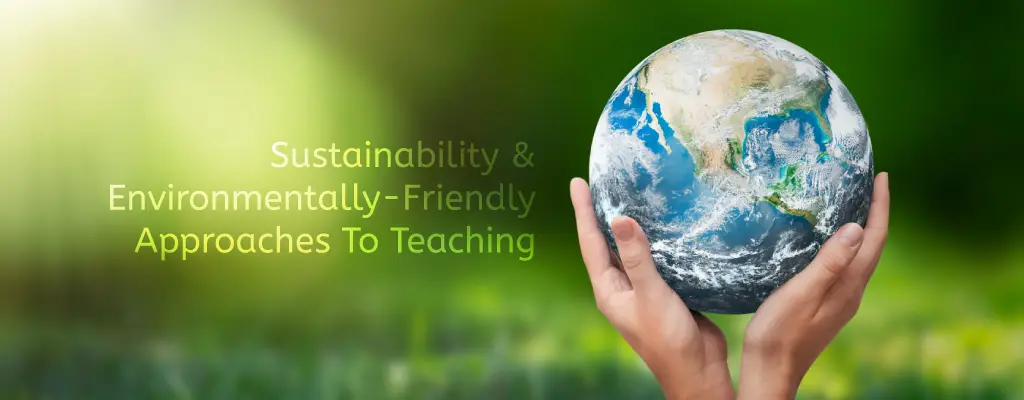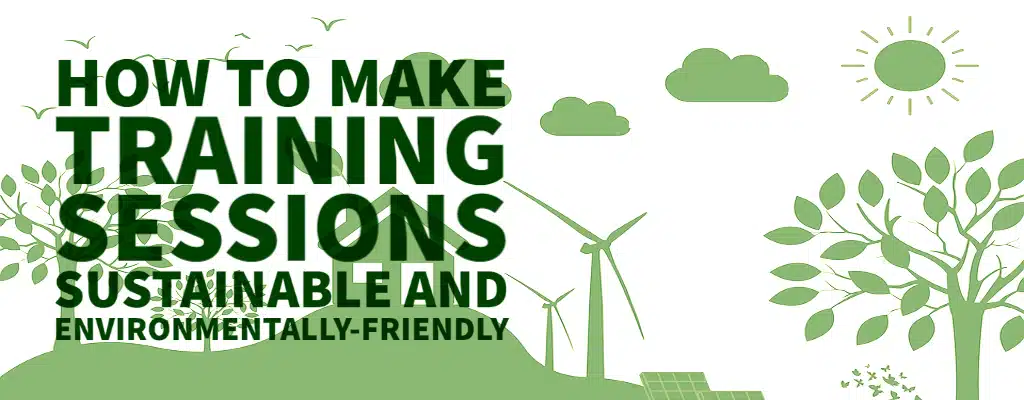Do you want to learn how to make training sessions sustainable and environmentally-friendly?
As the world continues to face environmental challenges such as climate change, air pollution, and loss of biodiversity, it has become increasingly important to raise awareness among the youth about sustainable and environmentally-friendly practices. One of the best ways to do this is through youth training events that emphasise the importance of sustainability and provide practical tips for living an eco-friendly lifestyle.
The benefits of a sustainable and environmentally-friendly youth training event are numerous. First and foremost, it helps to instil in the youth a sense of responsibility towards the planet and its natural resources. By teaching them the impact that human actions have on the environment, the youth can better understand their role in preserving the planet for future generations. Furthermore, by learning about sustainable practices, the youth will be empowered to make changes in their own lives that will contribute to a healthier, greener world.

A sustainable and environmentally-friendly youth training event should start by setting an example of sustainability in its own organisation and execution. From the selection of the venue, transportation, and accommodation to the food and drinks provided, every aspect of the event should align with sustainable and eco-friendly principles.
For example, the venue should be accessible by public transportation and equipped with energy-efficient lighting, heating and cooling systems. The food and drinks should be locally sourced and organic, and disposable items such as plastic cups and plates should be avoided. Additionally, waste management should be a top priority, with recycling and composting bins placed in prominent locations.

The training sessions themselves should focus on a variety of topics related to sustainability, such as:
- Climate change and its impact on the environment and human health
- Sustainable consumption and production practices, including the circular economy, reducing waste and conserving natural resources
- Energy efficiency, renewable energy sources and the transition to a low-carbon economy
- Biodiversity, conservation and the protection of endangered species and ecosystems
- The role of youth in promoting sustainability and taking action on environmental issues
In order to make the training sessions engaging and interactive, a variety of teaching methods should be employed, such as group discussions, role-playing, case studies, and hands-on activities. By involving the youth in these activities, they will be more likely to retain the information and be motivated to apply it in their daily lives.

Finally, it is important to involve experts in sustainability and environmental protection to provide additional insights and guidance on how to live a sustainable lifestyle. These experts can also answer questions from the youth and provide additional resources for further learning and engagement.
In conclusion, learning how to make training sessions sustainable and environmentally-friendly is an important step towards raising awareness among the youth about the importance of sustainability and the role they play in preserving the planet. By providing practical tips and guidance, the youth can learn how to live a more sustainable and eco-friendly lifestyle, and become active participants in creating a healthier and greener future.

Are you a teacher interested in learning how to make your classrooms or school more sustainable and environmentally-friendly? Take a look at our Erasmus+ Teacher Training Course on Sustainability and Environmentally-Friendly Approaches To Teaching.

